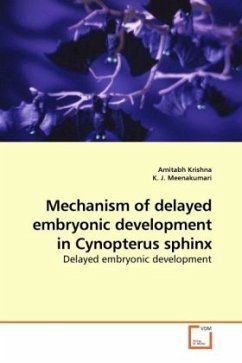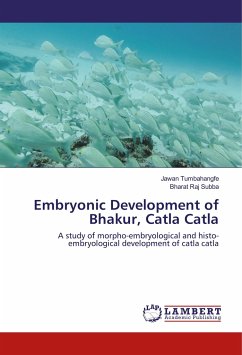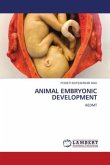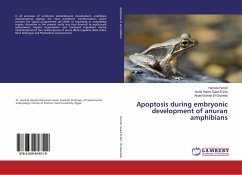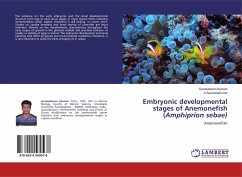The study was undertaken to investigate the phenomenon of delayed embryonic development in the fruit bat Cynopterus sphinx. The study showed for the first time the slowed embryonic development in this species during gastrulation stage. The period of delayed development showed a relatively low circulating progesterone concentration due to decline in the corpus luteum function. Exogenous progesterone treatment however, failed to accelerate embryonic growth. The result of this study showed for the first time that the period of retarded embryonic development in C. sphinx coincides with the changes in various metabolic factors. This study describes significant role of leptin and melatonin in delayed embryonic development in bat during winter. It is hypothesized that the bat facilitates fat accumulation by suppressing energy demanding process of embryonic development. This study provided support to the concept of leptin and melatonin being the important mediator transducing the environmental changes and regulating reproduction and fat deposition in C. sphinx.
Bitte wählen Sie Ihr Anliegen aus.
Rechnungen
Retourenschein anfordern
Bestellstatus
Storno

